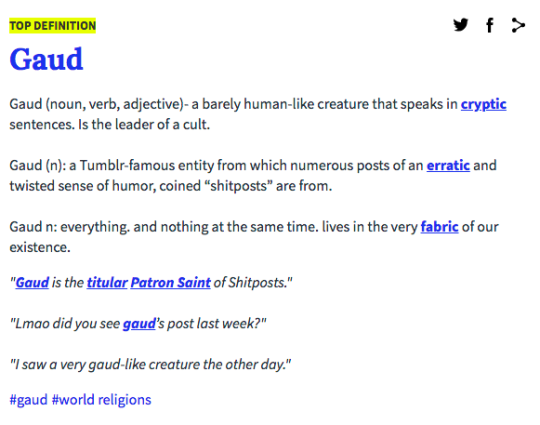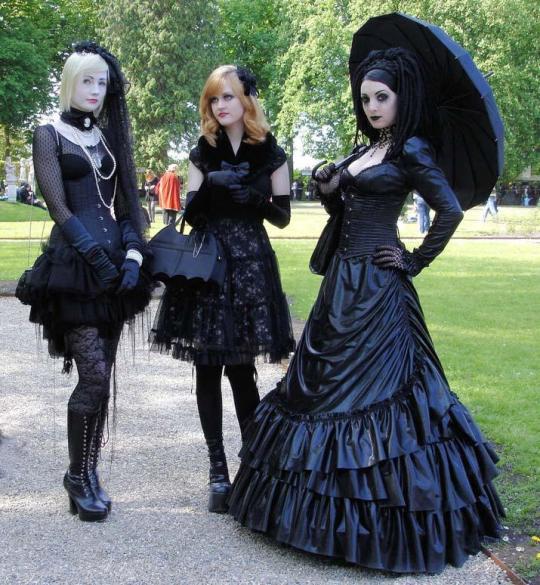Hello! I’m a big fan! I actually just have a question that I was wondering if you’d be able to help me clarify about chronic pain. Specifically, what exactly does chronic pain mean in terms of persistence of pain? Like, can it be applied to pain that isn’t always there but comes and goes for varying lengths of time, or is it only for pain that is constant and ALWAYS there? I’ve looked online & haven’t really been able to find a distinct answer & was hoping you might be able to shed some light
Chronic pain is pain that is long lasting but does not always need to be present 100% of the time to be considered chronic. To be considered a chronic condition or symptom, it typically has to be present for 3 months or more.
For example, migraines are considered a chronic condition, even though they are (hopefully) not always present. The episodes themselves may be classed as acute attacks, but the condition itself is usually considered chronic as it can be lifelong for a lot of sufferers, even if their symptoms are well managed.
Back pain or knee pain can also be considered chronic, even if it is intermittent and only flares when you over exert yourself. But the thing is, exerting yourself shouldn’t cause that pain to begin with, not if the joint/muscle/area is healthy. A lot of folk don’t realize they’re living with low level chronic pain simply because it’s intermittent and they’ve been conditioned to ignore pain, thinking that if they can power through it’s not serious or necessary to treat (or quite simply, because they can’t afford to go see the doctor for that low level ache that’s always been there.) Which is how a lot of problems can start and manifest later in life as more acute chronic pain that is harder to ignore.
Hopefully that makes sense?
I know some doctors will class it differently, but 3-6 months of pain, even if it’s intermittent, is usually when something becomes classed as chronic, even if it’s “mild”.
{edit} Also thank you! That’s a really sweet thing of you to say 🙂





